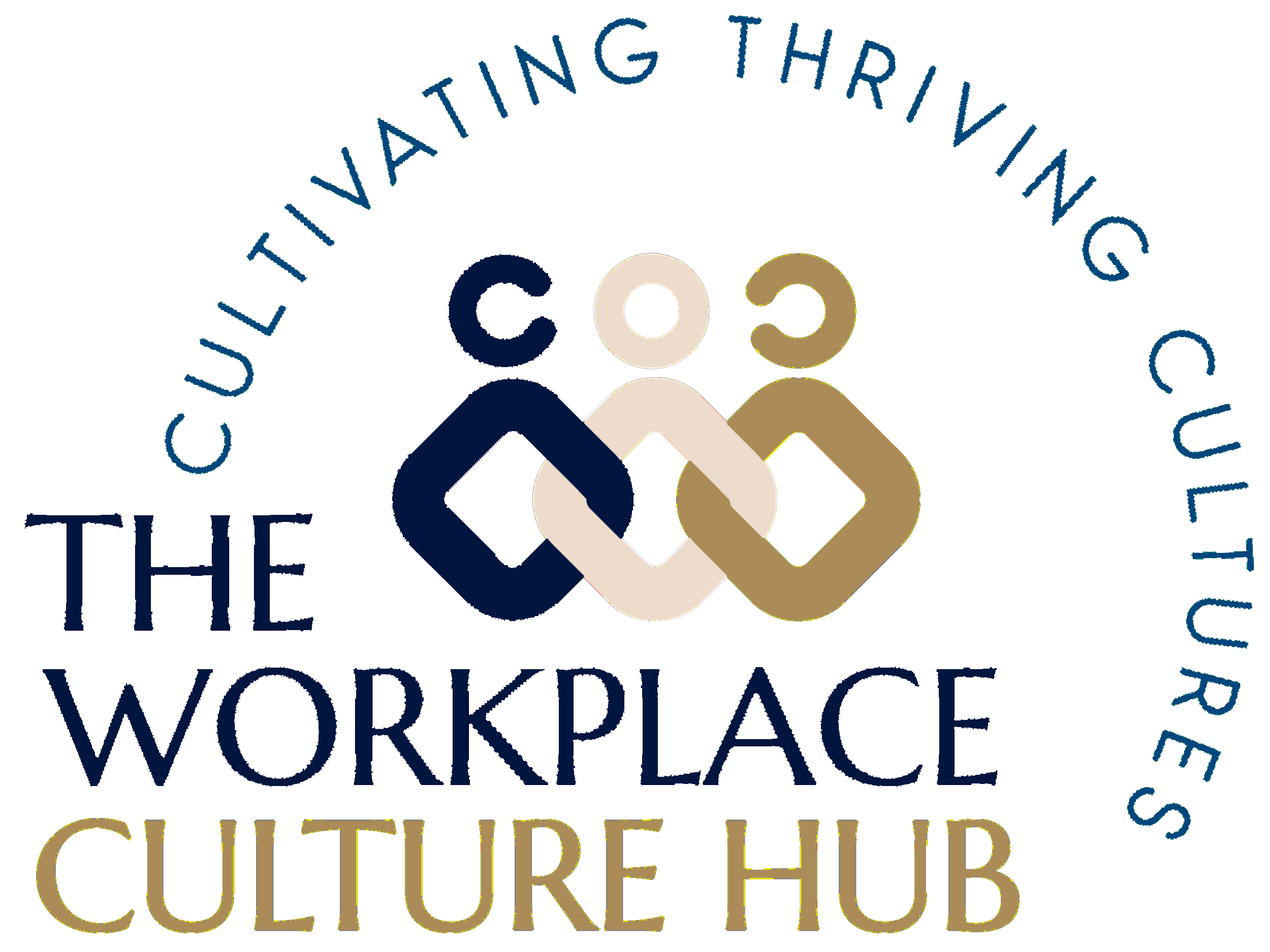Today, we’re diving deep into a topic that often flies under the radar, yet has profound implications for our workplaces. We’re talking about the consequences of gossip on organisations, exploring how those whispered conversations can actually leave a lasting impact, from the atmosphere at work to the bottom line.
You might think gossip is just harmless banter, right? But, let’s peel back the layers together and look at it from different perspectives – the workplace environment, from a Human Resources angle, and yes, even how it hits us financially.
First up, let’s talk about the vibe at work. Gossip can turn a once-thriving workplace into a place nobody wants to be, stifling growth and creativity. Then, there’s the HR perspective – high staff turnover because of a toxic culture? That’s a nightmare for any HR team, not to mention the damage to the organisation’s reputation. And, of course, we can’t ignore the financial consequences – legal costs, recruitment expenses, and the hit to productivity and customer perception.
But here’s the kicker – while some companies manage to succeed despite a notorious culture, we have to ask ourselves: Is that really success? Making money is great, but what about creating a workplace where people actually want to be, where they feel valued and supported?
So, what do we want our legacy to be? Are we just chasing profits, or are we aiming to be known as one of the best places to work? I believe we don’t have to choose between being financially successful and taking care of our people.
Let’s open up this conversation and really think about the consequences of gossip on organisations. How can we move towards a workplace that’s not just successful, but also truly cares for its employees? Let’s explore this together and make our workplaces better for everyone.
Ready to dive in? Let’s get started.”
Let’s start by looking at this from a workplace environment perspective:
1. It will cause a toxic work environment – which can lead to fixed mindsets where people are unwilling to change, unwilling to accept change and unwilling to grow themselves or the organisation.
2. Decreased Innovation: Gossip can stifle creativity and innovation as employees may be hesitant to share new ideas or take risks for fear of becoming the subject of gossip. This can hinder an organisation’s ability to adapt and compete effectively.
Let’s look at this from a Human Resources perspective:
3. It will cause high staff turnover. After all, why would someone stay in your organisation if they are being bullied and mistreated?
Your HR team will be working extremely hard to attract talent and then also to retain it because people will come and then go again if the environment is toxic.
4. This can then cause damage to the organisation’s reputation. Remember people talk. They will leave the organisation and tell people not to go and work for it as it has a toxic culture.
5. It can cause legal issues. People who decide to not leave the organisation might take legal action against the people who they believe are bullying them, discriminating against them, harassment claims, a hostile work environment or even defamation claims.
This leads us to the financial consequences gossip can have:
6. Legal costs – to deal with any claims that have been made as mentioned in the previous section
7. Increased employee turnover, will cost the company time and money. The cost of recruiting, hiring, and training new employees to replace those who leave can be significant.
8. Decreased Productivity: Gossip often leads to decreased productivity as employees spend time engaging in gossip rather than focusing on their tasks. This can result in missed deadlines, incomplete projects, and overall lower output, all of which can impact an organization’s financial performance.
9. Increased Absenteeism: Gossip-related stress and anxiety can lead to increased absenteeism, as employees may take sick days or personal days to avoid the workplace. This can result in additional costs related to paid time off and the need to cover absent employees.
10. Customer Perception: If gossip about internal issues becomes public or reaches customers, it can affect their perception of the organization. Negative publicity or a damaged reputation can impact customer trust and loyalty.
Now, I would like to acknowledge that there are famous companies, that have notoriously bad workplace cultures and continue to thrive.
And although the companies are thriving financially, the people are not. They might have a winning product or a service that people like and need, but they will forever remain a workplace where no one wants to work.
As an individual organisation, we should decide what we want to be known for.
Is it just all about the money?
Or
Do we want to be known as one of the best places to work? One that truly cares for their employees and their well-being.
You can have both. You can have both a financially stable and thriving organisation whilst looking after your employees.
Feeling stuck and don’t know what to do?
Contact me today to discuss my step-by-step program on getting rid of gossip in the workplace, and how to keep gossip away… for good! Contact me at support@rikawhelan.com or book a call with me at: https://tidycal.com/rikawhelan/initialconsultation
Free Resources:
- A risk assessment and management tool, that you can use to assess the risk and consequences of gossip in your workplace.
- A workplace Culture Survey, which you can give to your team to fill out at your next team meeting, so you can start assessing what everyone’s mindset is regarding the current workplace culture. This will indicate to you either how aware or oblivious people in your team are regarding the issue that you have been experiencing.
Listen to the podcast episode



